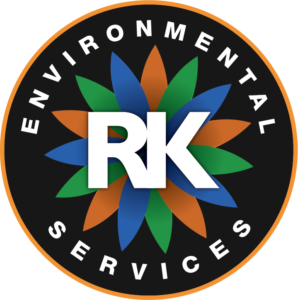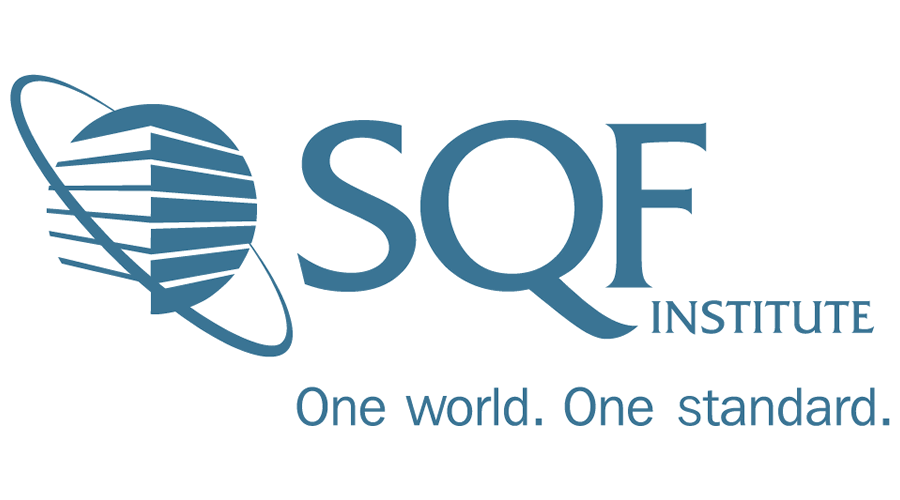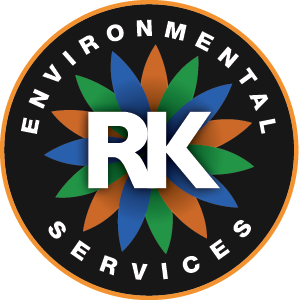RKE Technical Bulletin – December 2021
Is it GRAS? “GRAS” is an acronym for the phrase Generally Recognized As Safe. Under the Federal Food, Drug, and Cosmetic Act (the Act), any substance that is intentionally added to food is a food additive, that is subject to premarket review and approval by FDA, unless the substance is generally recognized, among qualified experts, […]
RKE Technical Bulletin – November 2021
Holiday Food Safety It is that time of year again! People gathering to share large meals with plenty of leftovers. It is also the time of year for increased cases of foodborne illnesses. Do not let a case of “food poisoning” ruin your holidays by following these tips. Separate: Keep raw meats, chicken, turkey, seafood, […]
RKE Technical Bulletin – October 2021
Order: Diptera There are around 30 orders of insects, more or less depending on how you break them down. One of the largest orders, with nearly 100,000 insects, is the order of Diptera. The Order Diptera (true flies) includes many common insects such as mosquitoes, midges, sand flies, blowflies, and the House Fly. The name […]
RKE Technical Bulletin – September 2021
Introduction to Clostridium Perfringens Have a touch of diarrhea and some stomach cramps several hours after finishing a meal? You may be suffering from a Clostridium Perfringens infection. Clostridium perfringens bacteria are one of the most common causes of foodborne illness (food poisoning). CDC estimates these bacteria cause nearly 1 million illnesses in the United […]
RKE Technical Bulletin – August 2021
National Food Safety Education Month September is National Food Safety Education Month. With an estimated 128,000 hospitalizations, and 3,000 deaths each year from eating contaminated food knowing how to prevent foodborne illness is important to professionals and consumers. There are many resources readily available for food safety education but not everyone may know about the […]
RKE Technical Bulletin – July 2021
Internal & External Feeders There are many species of insects classified as stored product (or grain) pests. Most of these are broken into “categories” as internal or external feeders. The principal pests that cause damage are the adult and larval stages of beetles, and the larval stage of moths. The names are self-explanatory, one feeds […]
RKE Technical Bulletin – June 2021
Sustainability Sustainability has become a mainstay in many vocabularies. It can be defined as “avoidance of the depletion of natural resources in order to maintain an ecological balance”, or “the ability to be maintained at a certain rate or level”, both apply to the food manufacturing industry. Whether it is sustaining agricultural commodities for raw […]
RKE Technical Bulletin – May 2021
Introduction to Mycotoxins Mycotoxins are a naturally occurring chemical hazard in many agricultural commodities. The toxins are produced by certain molds which can grow on certain foodstuffs, including common staples in most diets like cereals, nuts, spices, dried fruits, apples, and coffee beans, often under warm and humid conditions. Mycotoxins can cause a variety of […]
RKE Technical Bulletin – April 2021
Announced Vs. Unannounced Audits Audit ready all the time. Not too many things scream “a culture of food safety”, but unannounced audits are well on their way. Many, if not most, commercial food manufacturers and distribution centers voluntarily subscribe to third party audits such as those schemes benchmarked to the Global Food Safety Initiative (GFSI) […]
RKE Technical Bulletin – March 2021
The 9th Big One For years, the food industry has heard rumbling that sesame was going to be the next allergen to join the “Big 8.” In many countries around the world, (EU, Canada, Australia, New Zealand and Japan) sesame IS an allergen and is required to be on labels. It has been documented that […]






